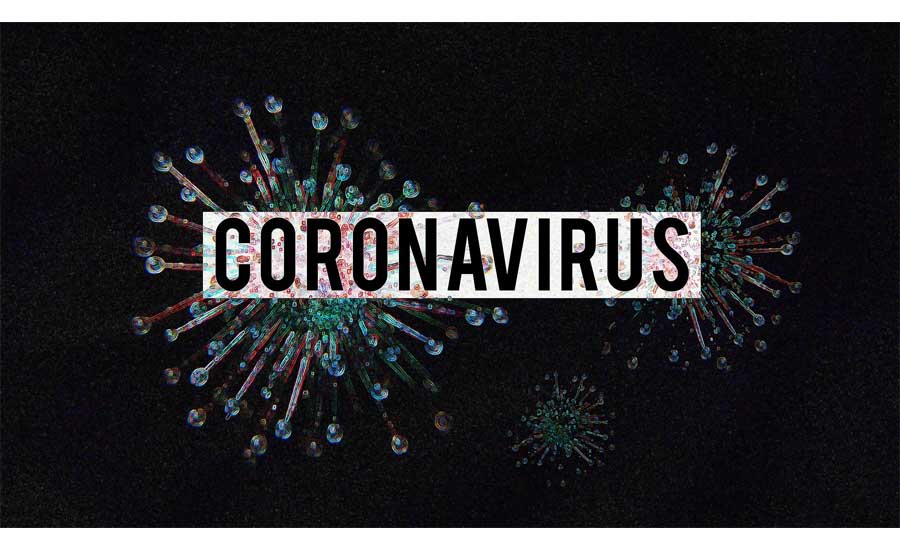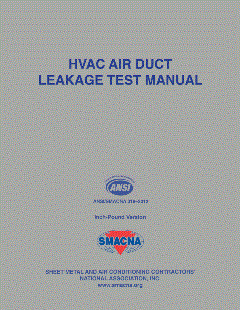Organizations Call For HVACR To Continue During Coronavirus Crisis
Industry leaders tell government leaders HVACR is essential, must be exempt from restrictions

As cities and states across the U.S. take increasingly drastic shutdown measures to combat the spread of COVID-19, HVACR industry leaders are calling on local, state, and federal officials to exempt HVACR from any restrictions being placed on travel and business operation during the epidemic.
San Francisco’s shelter-in-place mandate, effective March 17 through April 7, specifically exempts multiple service industries, naming plumbers, electricians, exterminators, laundry services, hardware stores, gas stations, pharmacies, grocery stores, convenience stores, and banks. However, it does not specifically call out HVACR, an omission that the industry is organizing to correct.
On March 18, 10 trade associations and membership representing the HVACR industry in North America posted an open letter requesting that HVACR technicians and engineers be granted “essential business” status due to the crucial role the industry plays in the health and safety of modern society.

Want to take action? Join the movement by clicking here to sign the petition!
“While citizens are coping with a variety of unforeseen and unusual restrictions, it is essential that they are able to maintain their HVAC and commercial refrigeration equipment,” the letter states. “Aside from providing comfort, this equipment is vital for health and safety in addition to productivity, particularly for water heating, air filtration, and food and medical supply preservation, especially in this time of quarantine. When equipment fails, technicians must be able to repair or replace it as quickly as possible.”
A NECESSARY SERVICE
ACCA has taken action by creating a petition demanding that HVACR contractors be exempt from any mandates that require businesses to temporarily close or individuals to self-isolate. Members of the public can sign the petition online; it generates a letter to state and federal officials.
Todd Washam is vice president, public policy and industry relations at ACCA.
“We saw this challenge before [the shelter-in-place order] was even announced in San Francisco,” he said. “Some of our contractors had reached out and said, ‘Hey, we're hearing that local governments may not make HVAC providers essential.’ So we sent a letter to the President and Congress Monday afternoon and got that out the door. … We had heard some things popping up from New York City, Long Island, and the entire state of Pennsylvania. We're still tracking those.”
In a press release, ACCA stated that HVAC contractors should be considered emergency service providers because they perform necessary, life-saving services on the nation’s most critical infrastructure.
“We are in homes, businesses, hospitals, and health care facilities every single day,” Washam said “Gas stations, grocery stores, data centers that require massive loads of cooling … Medicine that is unspoiled, food that is unspoiled requires an HVAC contractor to work on those systems. So to keep [HVAC workers] at home puts our food supply at risk and our hospitals at risk at a time when we need both of those things. We cannot have contractors being forced to stay home.”
Francis Dietz, vice president of public affairs at AHRI, said the exemption should cover both residential and commercial HVACR as well as the entire supply chain, including factories that produce HVACR equipment.
“Obviously if you're going to have technicians and installers be an essential group, you'd need to have the equipment that is produced in an essential group as well,” he said. “You wouldn't want to have a shortage of something that's necessary to heating, cooling, refrigeration, or water heating. It doesn't do any good to have installers essential if they don't have equipment to install.”
LOCAL LOCKDOWNS
Washam anticipates that lockdown measures — and related exemptions — will be coming from cities and potentially states, as opposed to nationwide.
“We did go to Congress and the President, just in case there are efforts to create a national lockdown,” he said. “I have seen a few quotes from White House officials that say the President does not likely have that authority. But we wanted there to be leadership from the federal government that says, ‘Hey local governments, as we all manage this crisis, here are some of the services that you need to be considering as an essential.’
“We think it's mostly going to be a municipal-led effort,” he continued. “We are sending additional letters to the associations who represent the municipal governments [and] code enforcement officials.”
Washam doesn’t anticipate much resistance for categorizing technicians as essential service providers. Responses from Capitol Hill have been “very positive,” he said.
Dietz is confident that state and local authorities will be “totally on board.”
“There’s some places where it’s still snowing. You can’t have people without heat — that’s a health and safety issue,” he said. “Hot water is also a health and safety issue, particularly if people are being asked to wash their hands constantly. Down in the Southern states, air conditioning is essential. And on top of that, there’s indoor air quality that some people depend on — filtration, for example, if they have breathing difficulties. That’s just not something we think people should mess with.
“And I don’t think it’s ever [lawmakers’] intention to do that,” he concluded. “We’re really just trying to call this to their attention, because we can’t expect that they’re going to think of every little detail; this is all new to them too. We just want to make sure that it’s explicit, and make sure it’s not an oversight on their part.”
So far, Washam has not seen any language mandating that an exemption would be contingent on observing certain safety protocols, and it’s not something he expects to see.
“At this point, I don’t think the government needs to go in and tell contractors exactly how they need to operate for safety reasons,” he said. “I think the professional contractors know exactly what they need to do to make sure their staff and their customers are safe. For many of them, it's routine already: wash your hands, put your booties on, things like that. They are running businesses. They don't want to lose customers. They don't want their staff to be hurt or their customers to become sick. They're going above and beyond probably where they need to be already.”
Do you have any thoughts on this article? Leave a comment!











